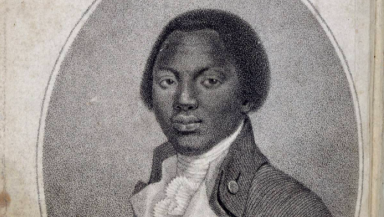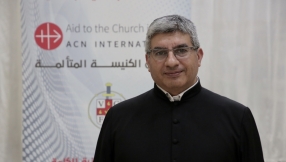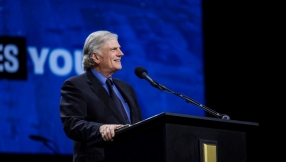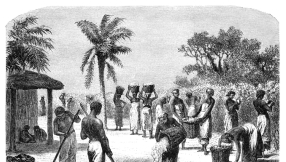
Two Church of England parishes will be marking Black History Month by celebrating their connection to slavery abolitionist Olaudah Equiano.
Equiano is believed to have been born in around 1745 in what is now Nigeria. At the age of 11 he and his sister were kidnapped and enslaved. Six months later he was taken aboard a slave ship and transported to the New World.
After a succession of masters Equiano was permitted to work for himself as well as his master and to buy his freedom. He later wrote of his travels and life as a slave, becoming the first African to do so.
He also became one of the first abolitionists, although he died 10 years before the formal abolition of slavery.
His life will be honoured by Soham Parish Church in Cambridgeshire, which was where Equiano married his wife, Susannah Cullen, in 1792.
A memorial to the couple’s eldest daughter, Anna Maria Vassa, is located at St Andrew’s Chesterton, which will also be marking the life of Equiano.
Both churches already hold a number of events to mark their connection to the abolitionist, particularly through theatre and arts. St Andrew's is planning to install a new Equiano Family Window in the church.
The Rev Philip Lockley, Vicar of St Andrew’s, said, “The congregation are very proud of these links. The Equiano family story is one of liberation, justice, love and mercy.”
Eleanor Whalley, Vicar of the Soham church, said: “Our efforts to promote Equiano's story are about ensuring his phenomenal achievements continue to influence the course of history today, building a better world.”
Among the events in Soham are a talk on Equiano’s wife and daughters by Professor Victoria Avery, of the Fitzwilliam Museum, independent researcher Dawnanna Kreeger and Carol Brown-Leonardi from the Open University. The free event will take place on 8 October at 7:30pm.













